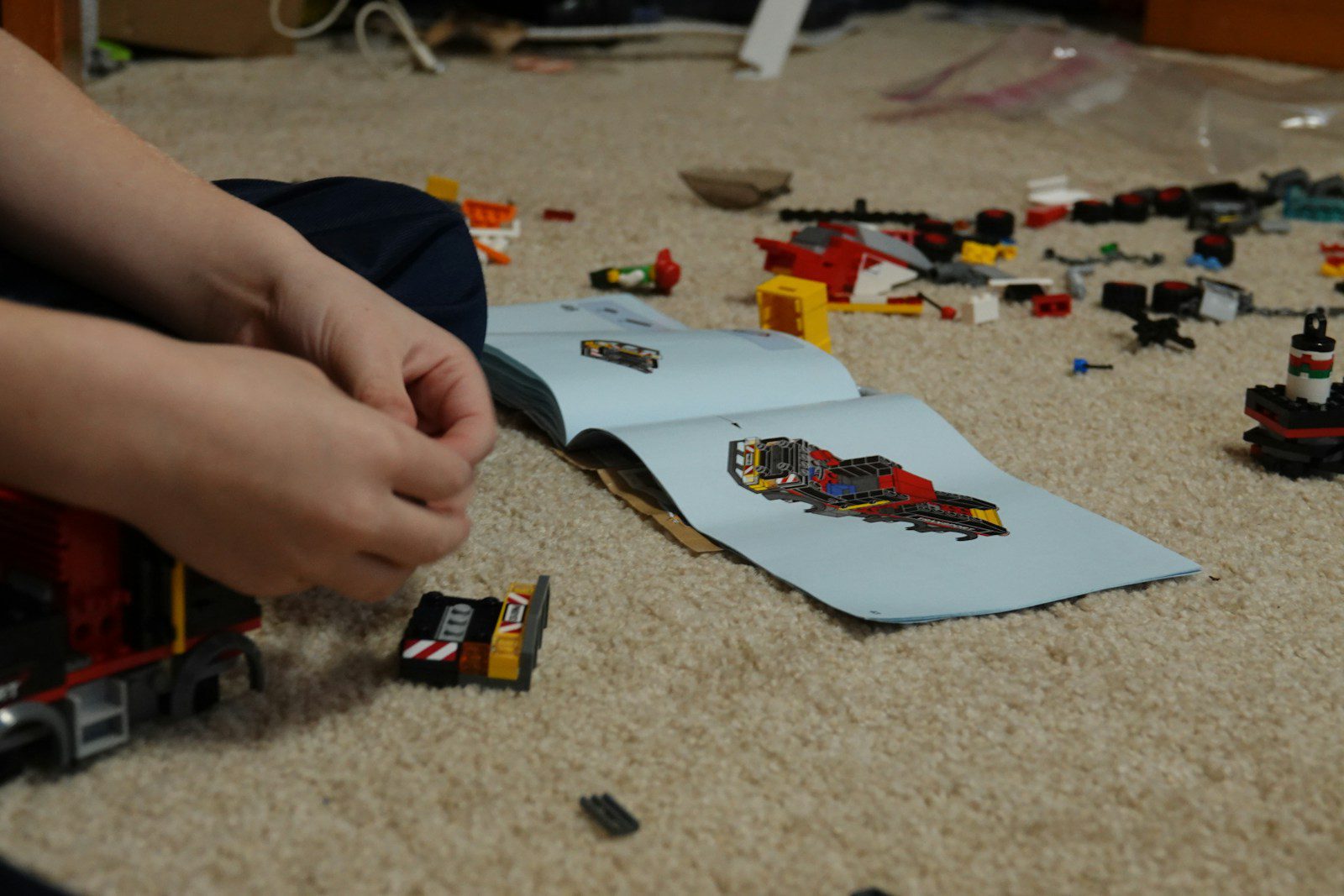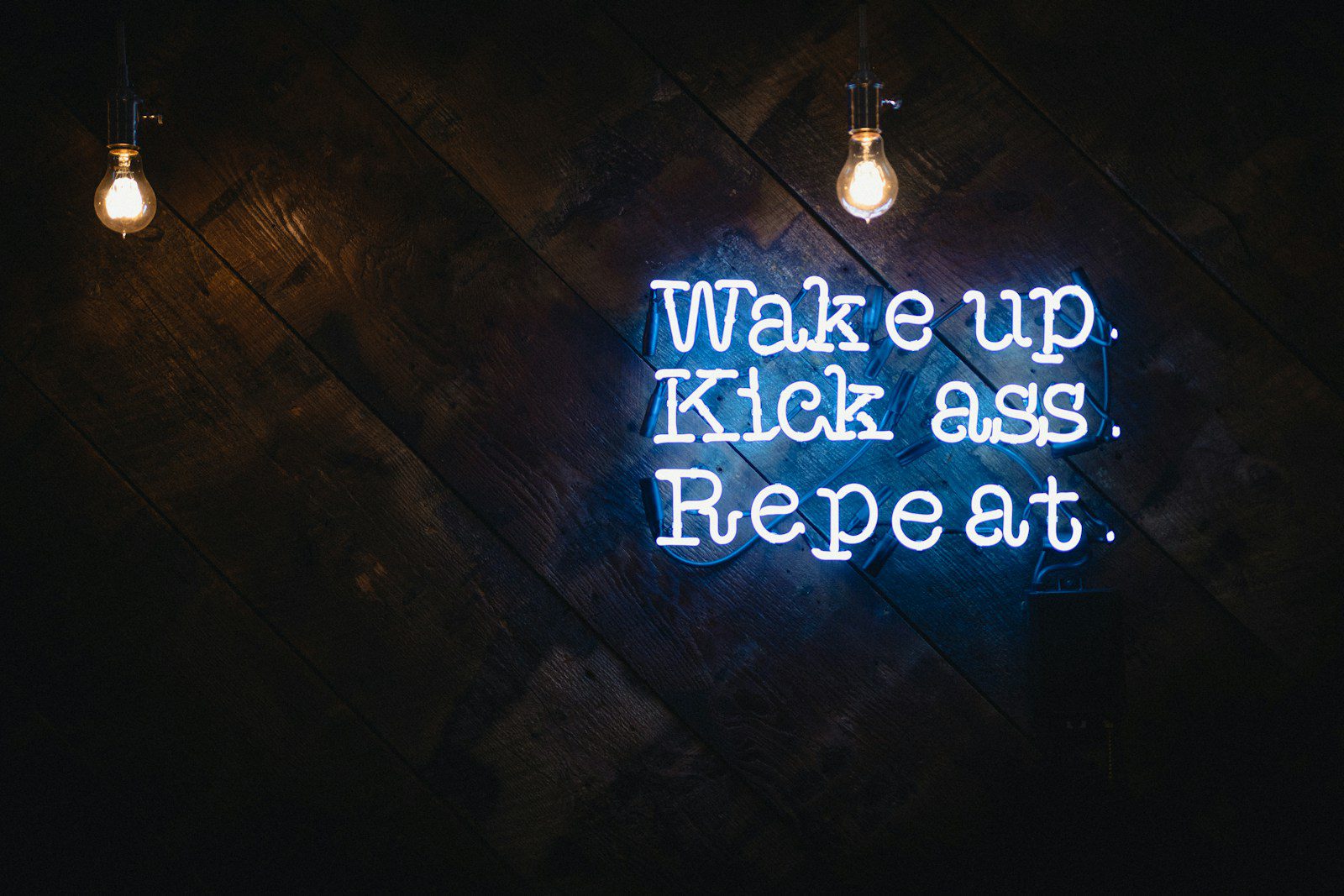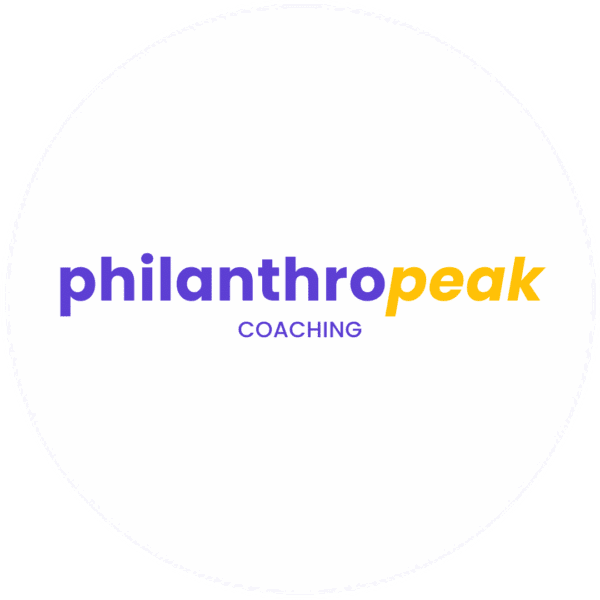
Ever wonder why a cup of coffee sometimes leaves you feeling more sluggish than energised, especially if you have ADHD? You’re not alone. While coffee is usually seen as a pick-me-up, for some folks, it can have the opposite effect. If you’ve got ADHD, the way caffeine interacts with your brain might be a bit different. It’s a curious mix of chemistry and individual brain wiring that can make your morning brew feel like a bedtime drink. Let’s dive into why this happens and what it means for those dealing with ADHD.
Key Takeaways
Table of Contents
Toggle- Caffeine affects everyone differently, especially those with ADHD, sometimes causing drowsiness instead of alertness.
- The interaction between caffeine and dopamine in ADHD brains can lead to unexpected fatigue.
- Managing caffeine intake and exploring alternatives can help mitigate tiredness caused by coffee.
The Science Behind Coffee and ADHD Fatigue

Understanding Caffeine's Role in the Brain
Caffeine is often seen as a quick fix for tiredness, but for folks with ADHD, it can be a bit more complicated. Caffeine works by blocking adenosine receptors in the brain, which are responsible for making you feel sleepy. For most people, this means feeling more awake and alert. However, for those with ADHD, the story can be different. Their brains might not respond to caffeine the same way, sometimes leading to unexpected tiredness instead of the usual buzz. The interaction between caffeine and neurotransmitters like dopamine, which is crucial for attention and motivation, adds another layer of complexity.
The Dopamine Connection in ADHD
Dopamine is a key player in the brain’s reward and pleasure centres. It’s what helps you feel motivated and focused. People with ADHD often have lower levels of dopamine, which can make it harder to concentrate. When caffeine blocks adenosine, it usually results in a slight increase in dopamine activity. But for ADHD brains, this increase might not be enough to make a significant difference. In some cases, it might even lead to a drop in energy levels, as the brain struggles to regulate these neurotransmitters effectively. This is sometimes referred to as the "caffeine ceiling," where the benefits of caffeine hit a limit, and fatigue sets in.
Why Coffee Might Make You Sleepy
If coffee leaves you yawning, you’re not alone. For those with ADHD, caffeine can sometimes have the opposite effect of what you’d expect. This paradoxical reaction can be due to several factors:
- Timing Matters: Consuming caffeine at a time when your dopamine levels are naturally low, like in the late afternoon, can exacerbate its fatigue-inducing effects.
- Sleep Debt: If you’re well-rested, caffeine’s impact might feel muted, leading to unexpected tiredness instead of alertness.
- Sensitive Brains: ADHD brains can be particularly sensitive to changes in neurotransmitter levels, making them more prone to feeling sleepy after caffeine consumption.
Understanding the unique interactions between caffeine, dopamine, and adenosine in ADHD brains can help explain why coffee might make you sleepy instead of energised. It’s a reminder that sometimes, the best way to boost energy is not through more caffeine, but by listening to what your body really needs.
Managing Caffeine Consumption for ADHD

Timing Your Coffee Intake
Getting the timing right for your caffeine fix can make a world of difference if you have ADHD. Many people with ADHD find that caffeine helps them focus, but timing is key. Start your day with a glass of water before reaching for the coffee pot. This can help you stay hydrated and may even reduce the need for that second cup. Try to have your first coffee about an hour after waking up. This delay allows your natural cortisol levels to decrease, making the caffeine more effective. Avoid coffee too late in the afternoon, as it might interfere with sleep, which is crucial for managing ADHD symptoms.
Balancing Caffeine with Nutrition
Caffeine can be a double-edged sword for those with ADHD. While it might help with focus, it can also cause jitteriness or anxiety. Pairing your coffee with a protein-rich breakfast can help stabilise your energy levels throughout the day. Foods like eggs, nuts, or Greek yoghourt can be great companions to your morning brew. This balance can help maintain dopamine levels, which are often lower in ADHD brains.
Exploring Alternatives to Coffee
If coffee isn’t your best friend, or if it makes you feel more tired, there are alternatives. Green tea, for example, contains L-theanine, which can promote relaxation without drowsiness. Some people with ADHD find that energy drinks can help, but be cautious as they often contain high levels of sugar and caffeine. Herbal teas or even a brisk walk can sometimes provide the energy boost you need without the caffeine crash. Consider these options if you find traditional coffee isn’t working for you.
Finding the right balance with caffeine is all about listening to your body and understanding how it interacts with your ADHD. Experiment with different types and timings to see what suits you best.
Practical Tips for Navigating Coffee-Induced Fatigue

Monitoring Sleep and Caffeine Levels
Getting to grips with how caffeine affects your sleep is key. If you find yourself reaching for coffee to get through the day, it might be worth considering if you’re gradually reducing caffeine intake. This helps prevent those withdrawal headaches and the dreaded afternoon slump. Keep a sleep journal for a week or two. Jot down how well you sleep, when you have your coffee, and how you feel throughout the day. It’s a simple way to see patterns and make tweaks.
Hydration and Its Impact on Energy
We all know coffee can be a bit of a double-edged sword. It wakes you up, but it’s also a diuretic, which means it can leave you dehydrated. And dehydration can make you feel even more tired. So, every time you have a coffee, make sure you’re also drinking water. Aim for a glass of water for every cup of coffee. This simple habit can help you stay hydrated and keep those energy levels steady. Plus, combining hydration with a balanced meal can really help counteract caffeine crash symptoms.
Customising Your Caffeine Routine
This one’s all about finding what works for you. Some folks with ADHD find that caffeine in the morning is their sweet spot, while others might need a little boost in the afternoon. Experiment with different times and amounts to see what leaves you feeling your best. And if coffee just isn’t cutting it, maybe it’s time to look into caffeine-free tricks to energise your day. Think about herbal teas or even a brisk walk to get your blood pumping. The key is to listen to your body and adjust your routine to fit your needs.
Sometimes, the best way to beat fatigue is to listen to what your body is telling you. Maybe it’s a nap, a snack, or just a moment to breathe and reset.
Exploring the Paradox of Coffee and ADHD

The Unique Effects of Caffeine on ADHD Brains
Caffeine is known for its stimulating effects, but for those with ADHD, the story can be a bit different. While it typically boosts alertness by blocking adenosine and increasing dopamine, ADHD brains can react unpredictably. It’s like expecting a rollercoaster to go up, but instead, it goes sideways. This is partly because ADHD brains often have lower dopamine levels to begin with. So, when caffeine blocks adenosine, the expected dopamine surge might not happen, or it might not be enough to feel energised. Instead, it can lead to a feeling of tiredness or even calmness. This paradoxical effect is why some people with ADHD might find a cup of coffee relaxing rather than invigorating. Caffeine’s unique impact on ADHD brains showcases the complexity of neurodiversity.
Understanding the Caffeine Crash
Ever had that second cup of coffee only to feel more sluggish than before? That’s the caffeine crash, and it’s a real kicker, especially for those with ADHD. Initially, caffeine might give you a boost, but as your body processes it, the effects can backfire. The adenosine that was blocked starts to flood back in, and without enough dopamine to balance it out, fatigue hits hard. It’s like your brain’s energy regulator just gave up. For those with ADHD, this crash can feel more intense, leaving them more drained than energised. Managing this crash involves understanding your body’s response and timing your caffeine intake wisely. Recognising ADHD’s impact on how caffeine is metabolised can help mitigate these effects.
Strategies to Mitigate Fatigue
Feeling wiped out after a cup of coffee isn’t ideal, so what can you do? Here are a few strategies:
- Monitor Your Intake: Keep track of how much caffeine you consume and how it affects you. Sometimes less is more.
- Timing Matters: Try having your coffee earlier in the day to avoid the afternoon slump.
- Pair with Protein: Eating a protein-rich snack with your coffee can help stabilise your energy levels.
Understanding the balance between caffeine and ADHD is essential for managing energy levels. It’s not just about the coffee; it’s about knowing your body and how it reacts to different stimuli.
Incorporating these strategies can help you find a caffeine routine that works for you. Remember, ADHD’s influence on caffeine’s effects can vary, so what works for one person might not work for another. Stay curious and keep experimenting to find your sweet spot.
Have you ever wondered about the strange relationship between coffee and ADHD? While many people enjoy a cup of coffee to boost their energy, those with ADHD might experience different effects. If you’re curious to learn more about how coffee can impact focus and attention, visit our website for insights and support tailored for professionals with ADHD. Let’s explore this together!
Conclusion
So, there you have it. Coffee, the beloved morning ritual for many, can be a bit of a double-edged sword, especially if you have ADHD. While it’s meant to perk you up, sometimes it does the exact opposite, leaving you more tired than before. This isn’t just in your head—it’s a real thing, tied up with how caffeine interacts with your brain’s chemistry. If you’re finding that your cup of joe is more of a snooze button than a wake-up call, it might be time to rethink your caffeine habits. Maybe try having it earlier in the day, or pair it with a hearty breakfast. Or, you know, just listen to your body. If it says nap, maybe that’s what you need. At the end of the day, understanding how your brain ticks can make all the difference. So, next time you find yourself yawning after a latte, remember, you’re not alone, and there’s always a way to tweak things to suit you better.
Frequently Asked Questions
Why does coffee make me sleepy instead of awake?
Coffee can make some people sleepy due to its impact on adenosine and dopamine levels, especially in individuals with ADHD. Instead of feeling alert, the brain might not respond as expected, leading to tiredness.
How can I manage caffeine consumption if I have ADHD?
To manage caffeine with ADHD, try having coffee earlier in the day, pair it with nutritious meals, and stay hydrated. Experiment with timing and consider alternatives if coffee makes you sleepy.



